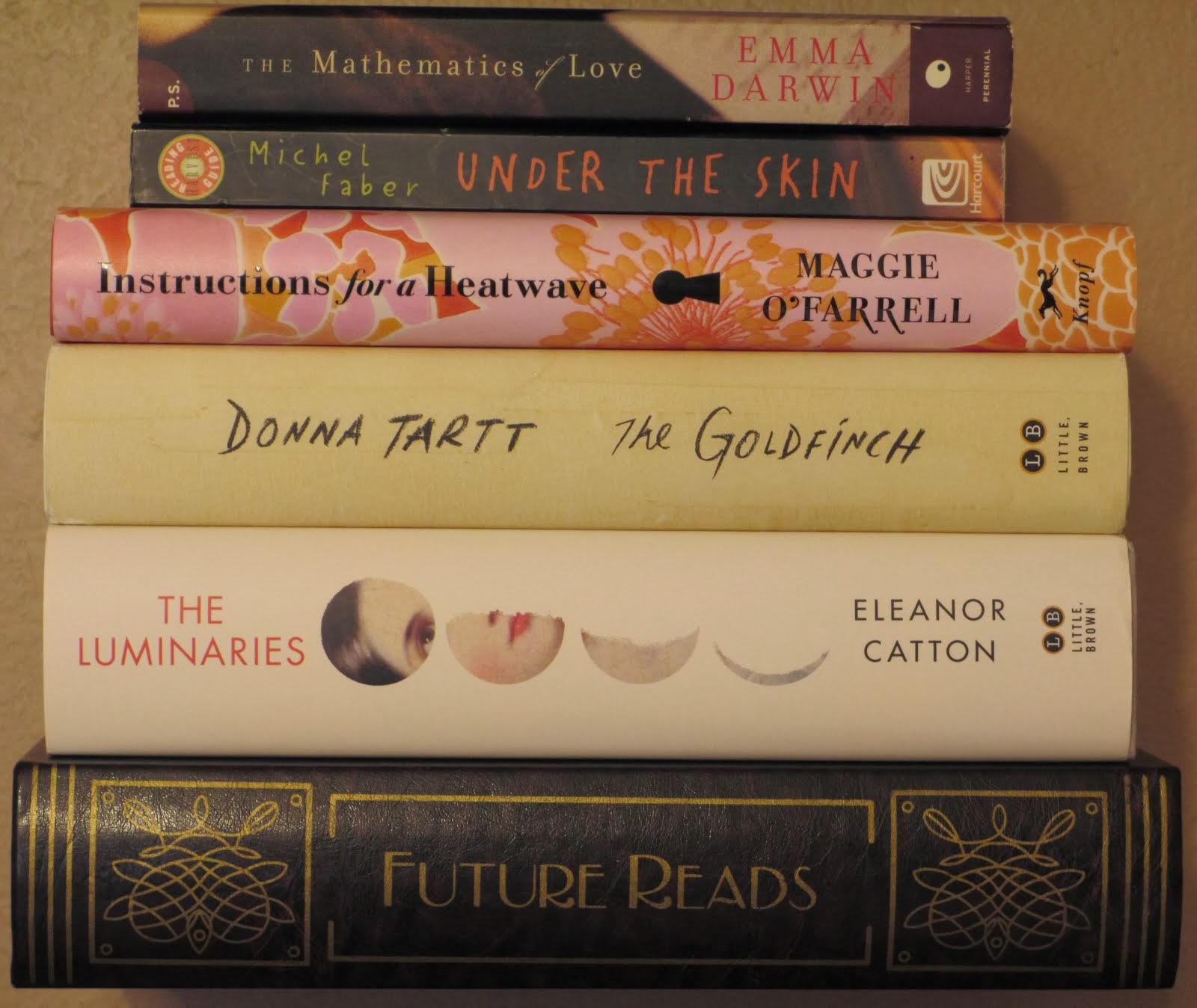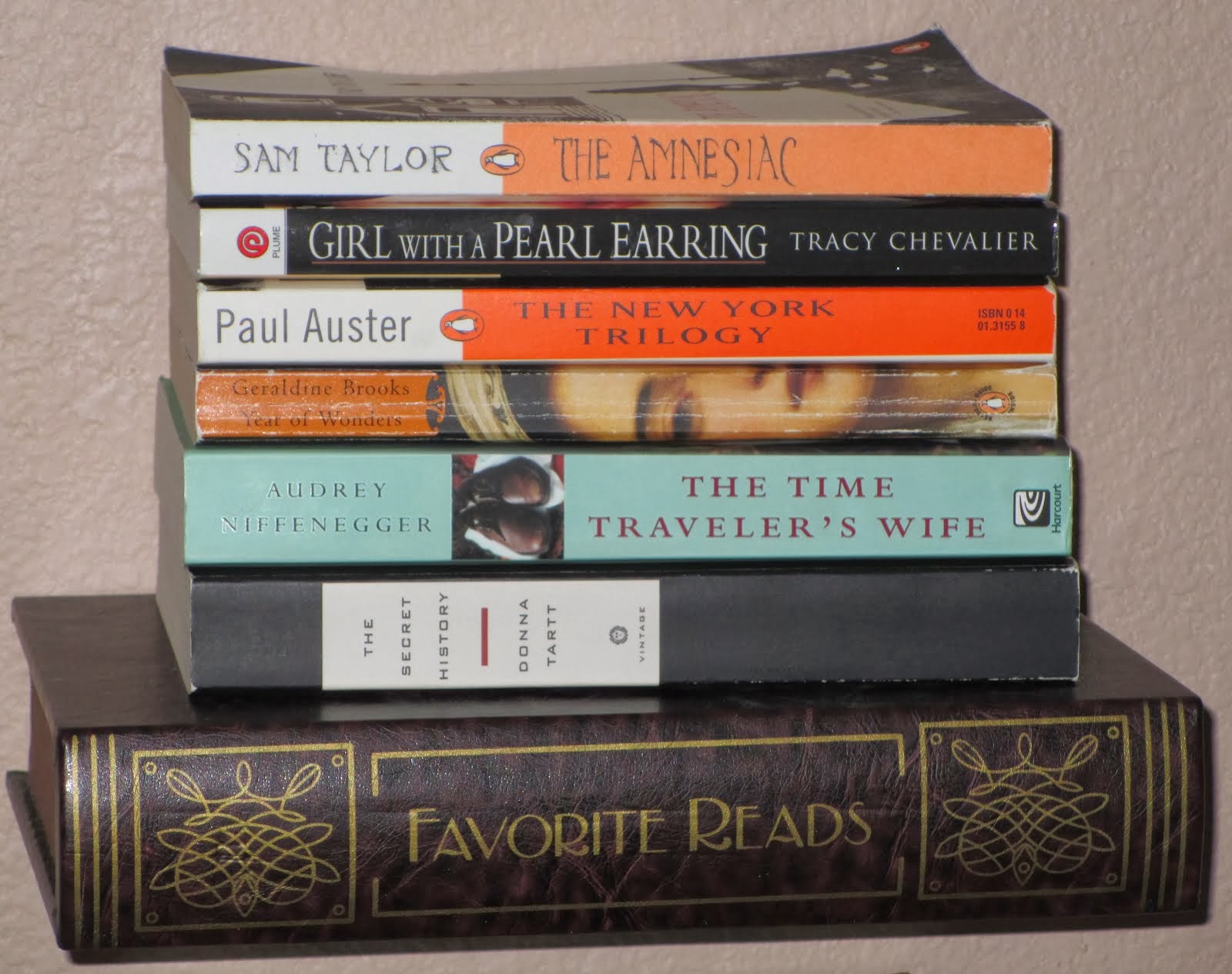Ok, so I didn't read all of Dr Leman's books. But I think three is as far as I will go.
I started with
Living in a Stepfamily Without Getting Stepped On. My mom gave this book to me five years ago (when I was first forming a stepfamily of my own), but I never saw fit to pick it up until recently. I'm not even sure why I chose to read it now--I think it was out of a sense of duty, and/or trying to rid my shelves of some of the non-fiction my mom has plied me with over the years.
Upon reading it, I found it doesn't really apply to my family; it's mainly for Brady-Bunch-style families where both parents bring their own kids into the mix. It focuses on birth order (firstborns are responsible Type A kids, middle children are easy-going mediators, last-borns are flaky entertainers, and only children are uber-firstborns) and what happens when birth orders from two families are combined. (In a nutshell, kids under the age of 7 end up taking on their new birth order; older kids retain the birth order that was set before their parents remarried, which can cause conflict--for instance, when two firstborns butt heads, or when two babies-of-the-family vie for the limelight).
I was both fascinated and repelled by the way Leman pigeon-holes people with one-sentence descriptions. I'm kind of torn between wishing I was an astute enough observer to have the ability to label people that way, and thinking surely no one can be boiled down to one sentence. (And, just as surely, no one wants to be!)

Next up:
Have a New Kid by Friday. Another gift from my mother, which she coincidentally sent me (along with the third book in this post) while I was reading the stepfamily book (even though she didn't know I was reading it). I figured I might as well be on a Leman roll and get these all knocked out ASAP so I could move onto something more interesting.
This book is for parents whose kids are mouthy and disobedient or sullen and disrespectful (read: me). Its major concept: If you expect your kids to do something, say it once, then turn your back and walk away. If the something doesn't get done, either deduct from their allowance, or refuse to give them the next thing they ask for (or maybe both).
I can get on board with a lot of Leman's common-sense suggestions (use consistent action, not words: no harassing, threatening, warning, reminding, or coaxing; encourage rather than praising; use "tell me more about that" to buy time to formulate a response instead of a reaction) but as for the refuse-the-next-thing-they-ask idea, I can't help but see that as a passive-aggressive, sneakily vengeful way of lying in wait for a time when you can pounce on your kids and say GOTCHA! You can't have this because you were bad three days ago! Anyway, this book makes a certain phrase come to mind:
If something sounds too good to be true, then it probably is. The title of this book is obviously meant to sell copies, not something that is literally possible. Raising a child takes a bit more than a week.

Last (and least),
Have a New Teenager by Friday: a rehashing of
New Kid with a couple of updates. It covers a few issues that the kid book doesn't cover, but otherwise relates the exact same concepts.


















